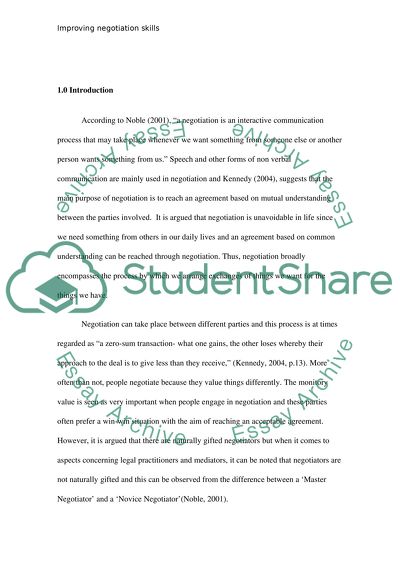Cite this document
(“Negotiating skills and strategies Term Paper Example | Topics and Well Written Essays - 2750 words”, n.d.)
Retrieved from https://studentshare.org/environmental-studies/1409793-negotiating-skills-and-strategies
Retrieved from https://studentshare.org/environmental-studies/1409793-negotiating-skills-and-strategies
(Negotiating Skills and Strategies Term Paper Example | Topics and Well Written Essays - 2750 Words)
https://studentshare.org/environmental-studies/1409793-negotiating-skills-and-strategies.
https://studentshare.org/environmental-studies/1409793-negotiating-skills-and-strategies.
“Negotiating Skills and Strategies Term Paper Example | Topics and Well Written Essays - 2750 Words”, n.d. https://studentshare.org/environmental-studies/1409793-negotiating-skills-and-strategies.


